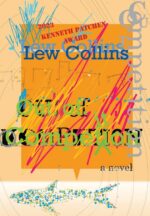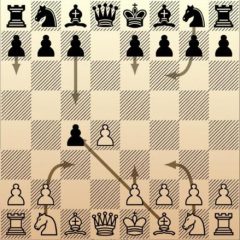Review: “Out of Competition”
A failing Hollywood film producer is manhandled in a street in the south of France and bundled into a rowdy, radical, pro-democracy meeting.
Review: That Joke Isn’t Funny Anymore
Perez isn’t a political comedian, but, like many, he has been compelled to become politicised by the deranged political culture that has permeated comedy in the US.
Most interesting reads from 2021
A few of the recommended readings from the Future Cities Project in 2021
Book Bites: “How To Avoid A Climate Disaster” by Bill Gates
Bill Gates offers little by way of explanation as to why people might choose the more expensive green alternative, implying that they might have to be imposed.
The Coming of Neo-Feudalism, by Joel Kotkin
A new priesthood of power based on scientific expertise seeks to replace bourgeois values of self-determination, family, community and nation with ‘progressive’ ideas: globalisation, sustainability, redefined gender roles and the authority of experts.
The Queen’s Gambit
Chess players, mathematicians, physicists, scientists, etc are not automatons; mechanical, calculating machines devoid of any creativity but in fact, they are supremely alert to creative possibilities.
Book Bites: Philosophy of Architecture by Illies & Ray
A useful toolkit of architectural philosophy, focusing on ethics and aesthetics and taking a neutral stance… acting as a series of clarifications and questions rather than ready-made answers.
Book Bites: “Voices from the Rust Belt” by Anne Trubek (ed)
The book poses some new questions for us as we now see that there are consequences to the hollowing out of American industries and cities.
Down and out in Paris and London by George Orwell.
It’s a great book for telling us about Europe between the wars; but also because of what can it tell us about today, in particular homelessness?
The Fundamentals of Graphic Design
The ’socially responsible’ designer is a good example of an ideological imposition getting in the way of clarifying graphic design, and its mediating and transformative role in society.

















